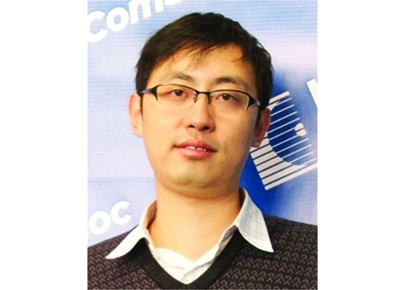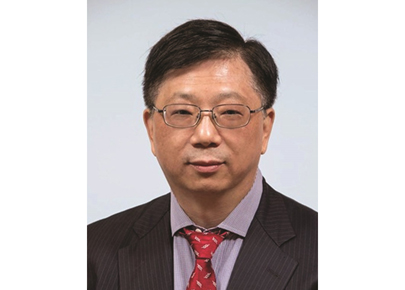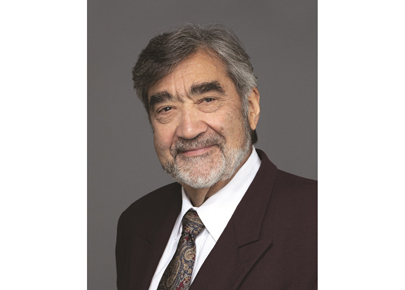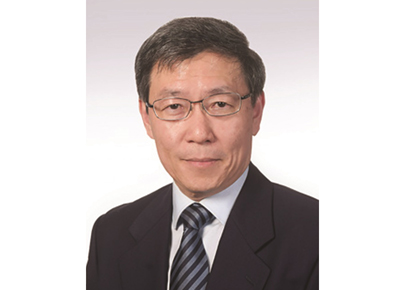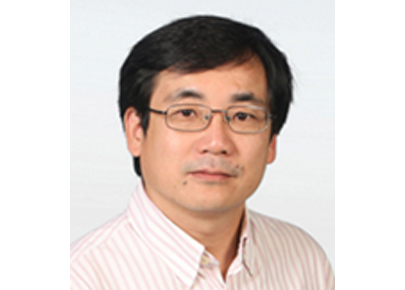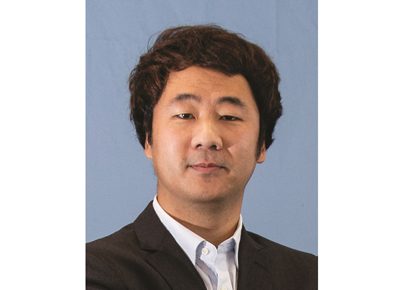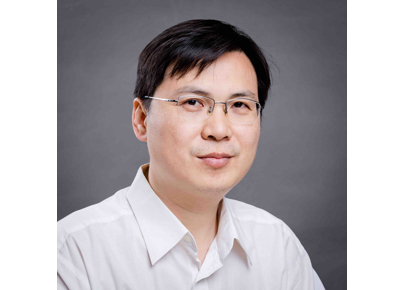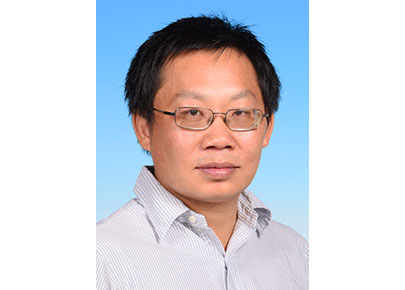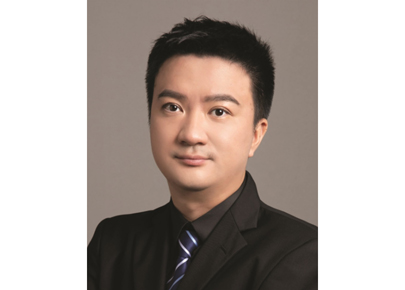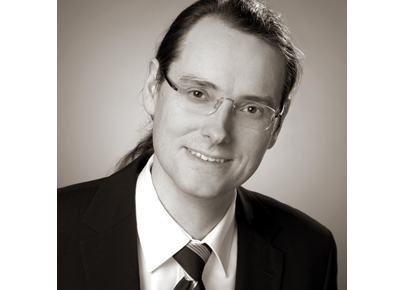Prof. Teodor Gabriel Crainic
Université du Québec à Montréal
Time: 09:00 - 09:40
Title:
Network Design Methodology for Capacity and Service Planning in Freight Transportation
Abstract:
The interactions of shippers, carriers, and intermediaries yield a dense freight transportation and logistics network of requests and offers of service to move or store loads, and of the resulting multimodal service, vehicle, and terminal flows enabling the journeys of goods from origins to destinations. We focus on the consolidation-based component of the field and a set of important planning issues most stakeholders face to efficiently and profitably secure or provide the required capacity and services for their regular operations over a short-medium time horizon. We particularly discuss the modelling approaches based on network and service-network design, which address a broad range of these issues. We present a bit of network design review, some new developments and work in progress, as well as a number of research challenges and perspectives.
Biography
Teodor Gabriel Crainic is Full Professor of Operations Research, Transportation, and
Logistics, and holds the Chair on Intelligent Logistics and Transportation Systems
Planning in the School of Management, Université du Québec à Montréal. He is also
Adjunct Professor, Department of Computer Science and Operations Research, Université
de Montréal, and senior scientist at CIRRELT, the Interuniversity Research Center for
Enterprise Networks, Logistics and Transportation, where he is Director of the Intelligent
Transportation Systems Laboratory. Professor Crainic is a member of the Royal Society of Canada – The Academies of Arts,
Humanities and Sciences of Canada. He co-founded, in 1991, the TRISTAN - TRienial
Symposium on Transportation Analysis and, in 2000, the Odysseus - International
Workshop on Freight Transportation and Logistics series of international meetings. He
contributes to several editorial boards. He was President of the Transportation Science and
Logistics Society of INFORMS, Director of the Centre for Research on Transportation
(currently CIRRELT), and received the 2006 Merit Award of the Canadian Operational
Research Society. The research interests of Professor Crainic are in network, integer, and combinatorial
optimization, meta-heuristics, and parallel computing applied to the planning and
management of complex systems, particularly in transportation and logistics. Major
contributions target the design, scheduling, and management of consolidation-based carrier
services, including uncertainty, resource, and revenue management considerations, as well
as routing and scheduling of vehicles, Intelligent Transportation Systems, City Logistics,
new business and organizational transportation and logistics models and systems, planning
of urban and inter-urban multimodal multi-stakeholder freight transportation systems at all
geographic scales, etc.. Professor Crainic published over 290 scientific papers and chapters, and has a h-index of
78 (Google Scholar). He co-edited the Network Design with Applications in Transportation
and Logistics book published by Springer in 2021, as well as numerous special issues of
major scientific journals. He supervised over 160 graduate students and postdoctoral
fellows.
